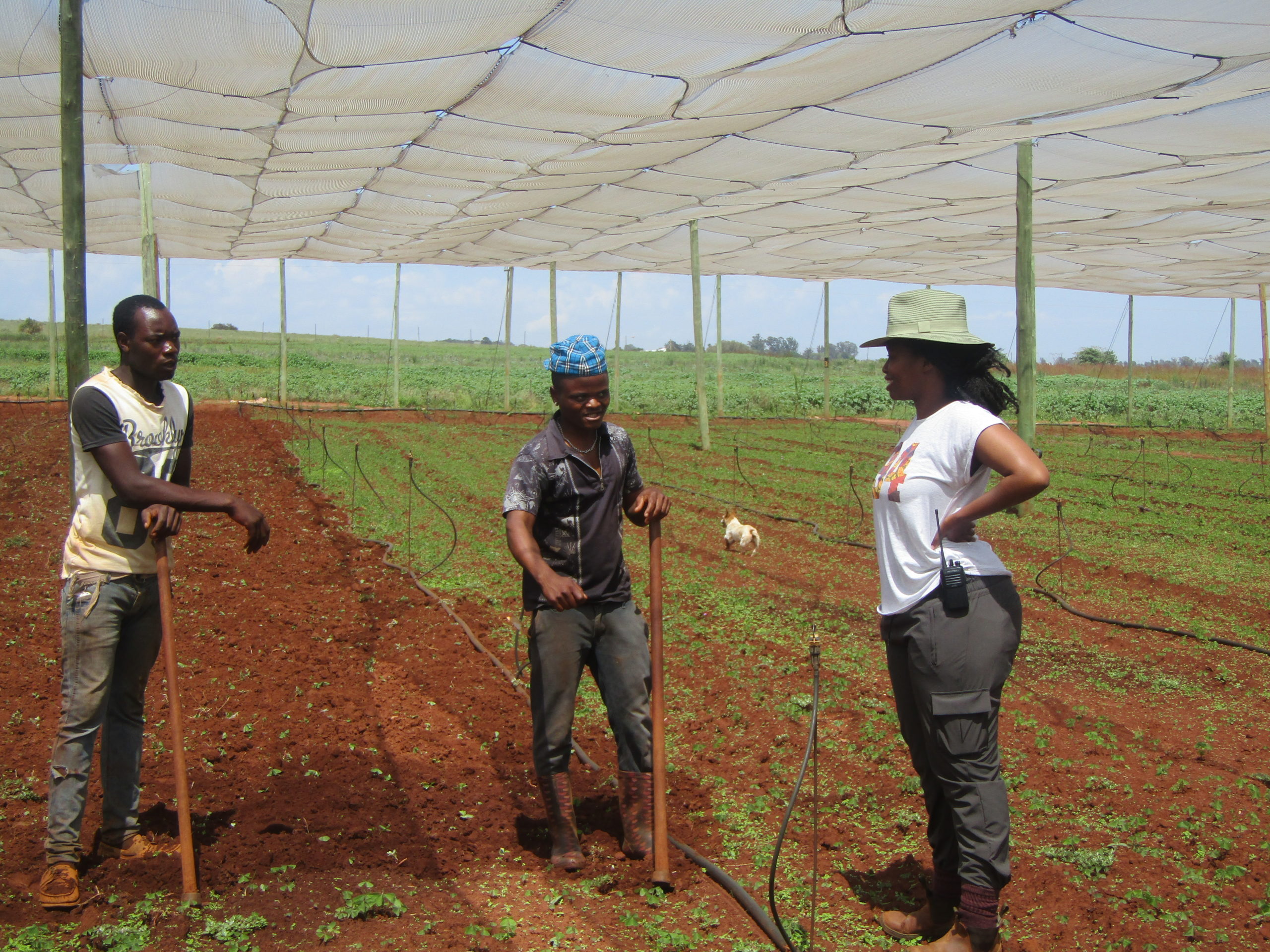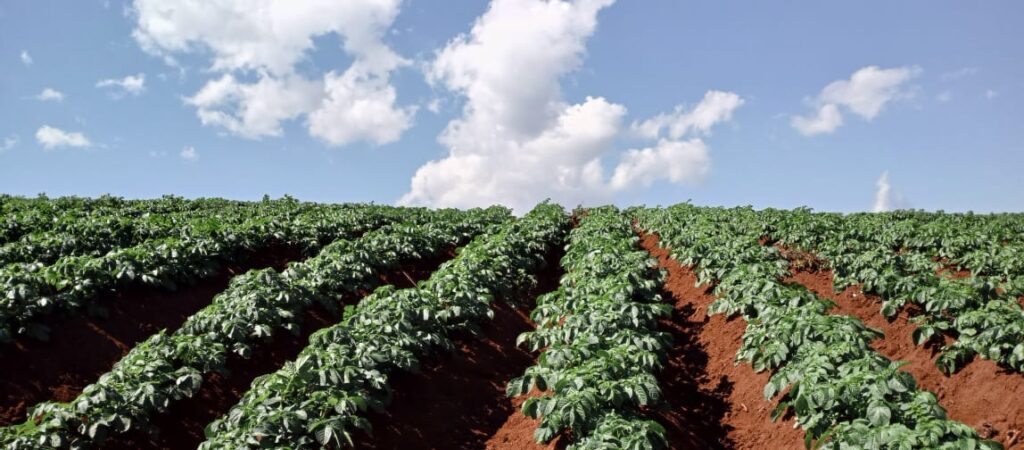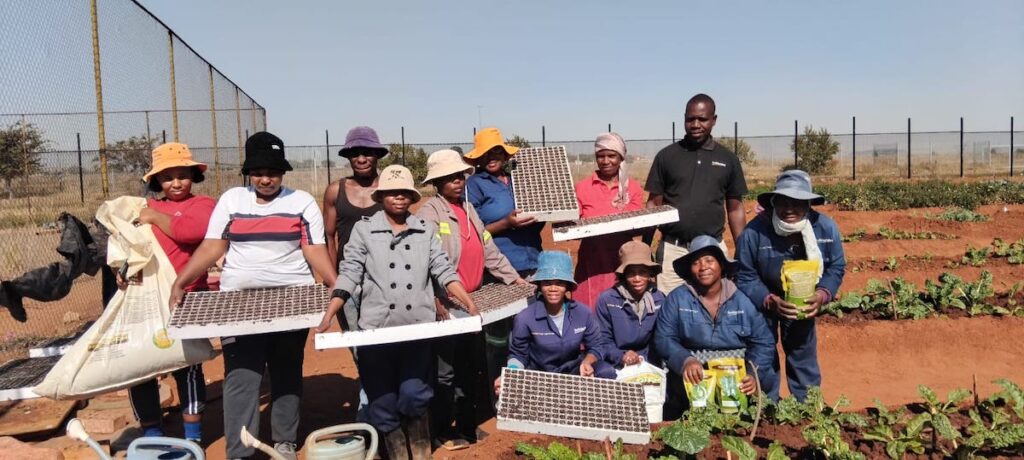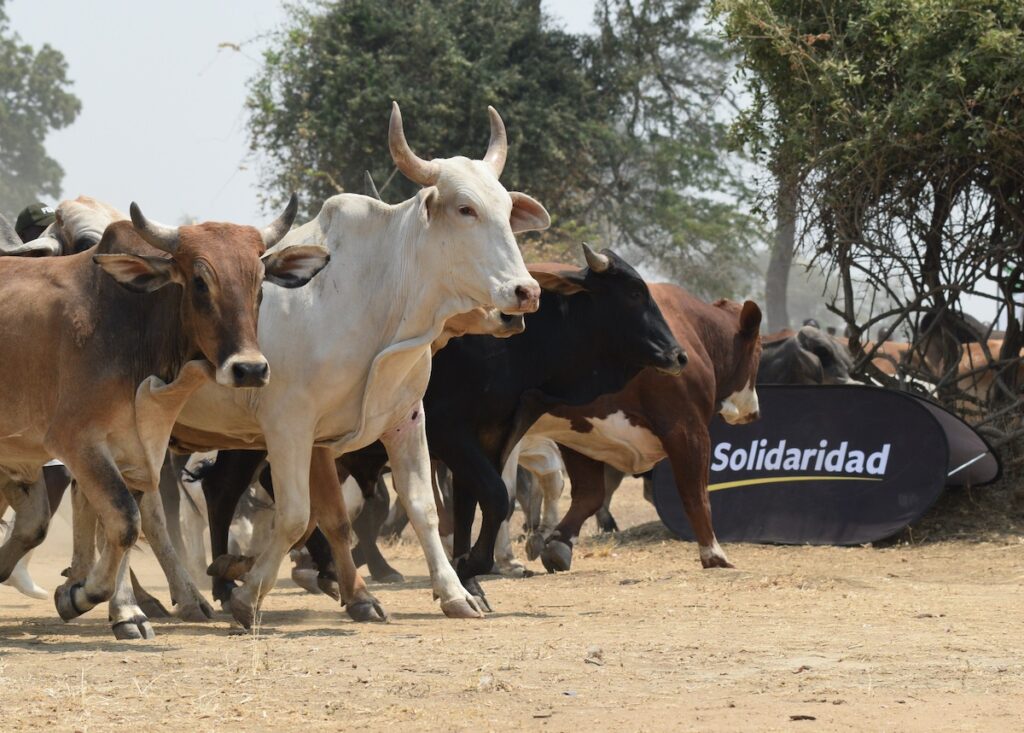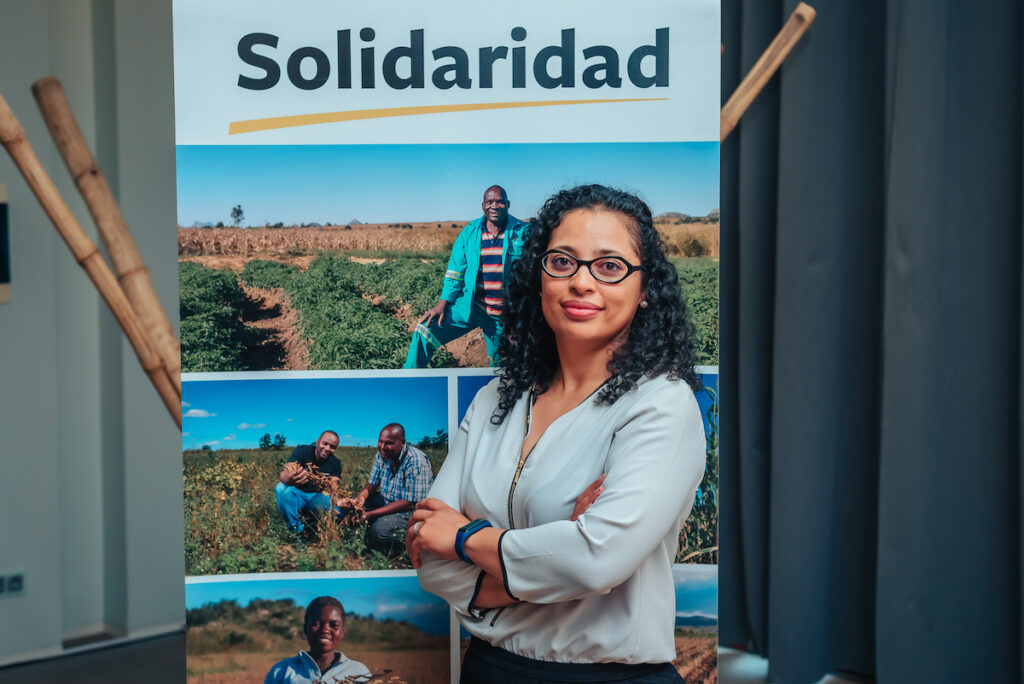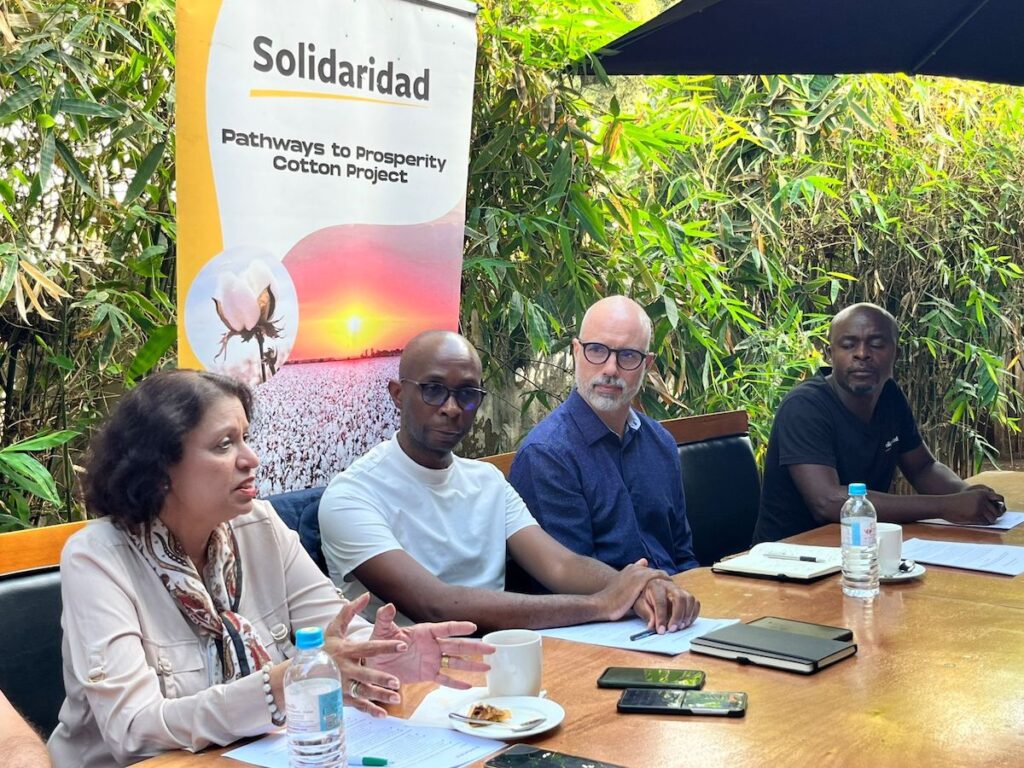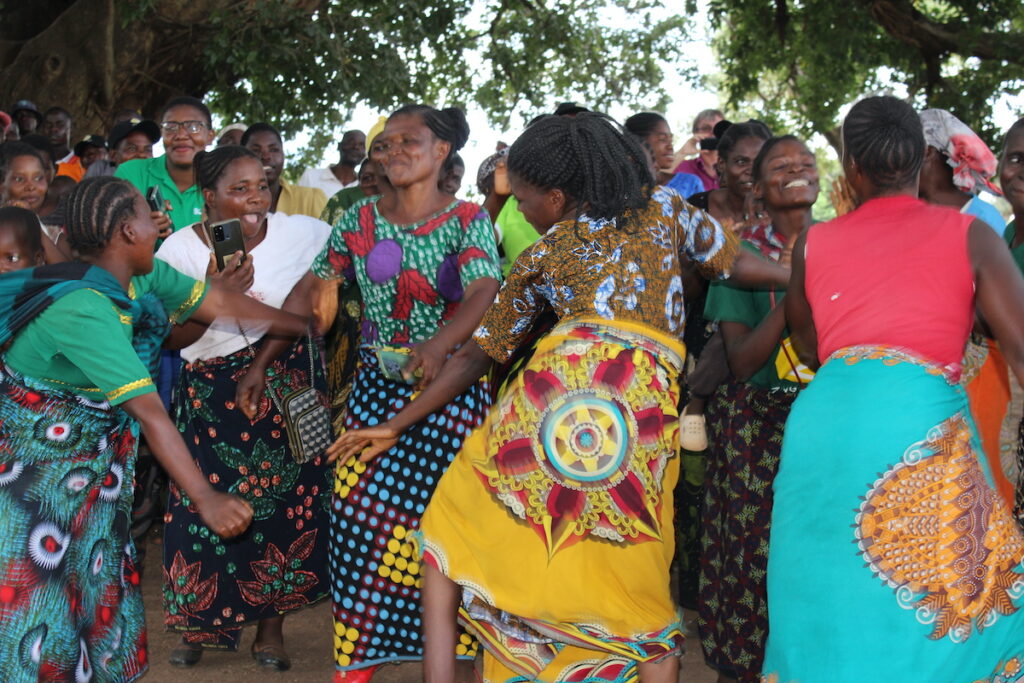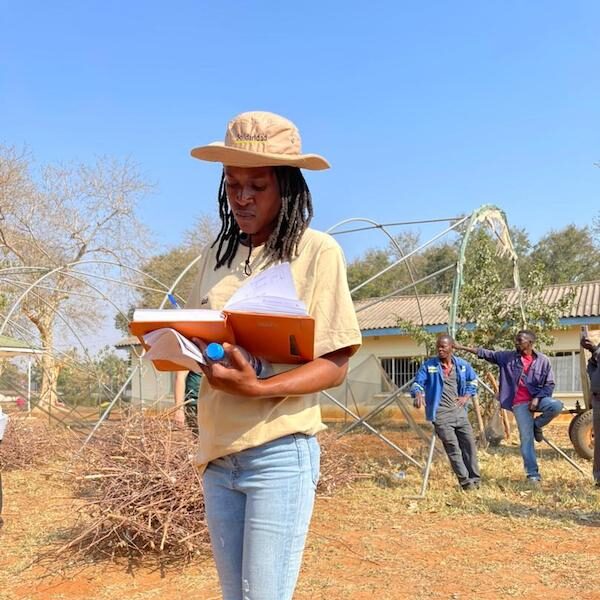In South Africa, key value chain actors like supermarket chains, food processing industries and other organized market outlets seek to increase the volumes of fresh produce sourced from small and medium-sized horticultural farmers. However, most smallholder farmers fail to participate in formal market uptakes due to structural obstacles such as small farm size, poor infrastructure, limited technical knowledge, lack of financial resources, poor agricultural practices and failure to comply with the overall food safety and quality standards. Since smallholders make up 90 percent of the country’s horticulture producers, this has had adverse effects on the country’s environmental and social sustainability performance.
In pursuit of a socially and environmentally sustainable horticultural sector, Solidaridad partnered with ICCO Cooperation and LIMA Rural Development Foundation on a project named “Smallholder Access to High-Value Horticultural Markets”. The project was funded by the European Union under the Switch Africa Green facility, the project helped emerging farmers access high-value markets in South Africa and obtain certification under localg.a.p. (a horticulture standard for sustainability, quality and safety of fresh produce adapted to smallholder conditions).
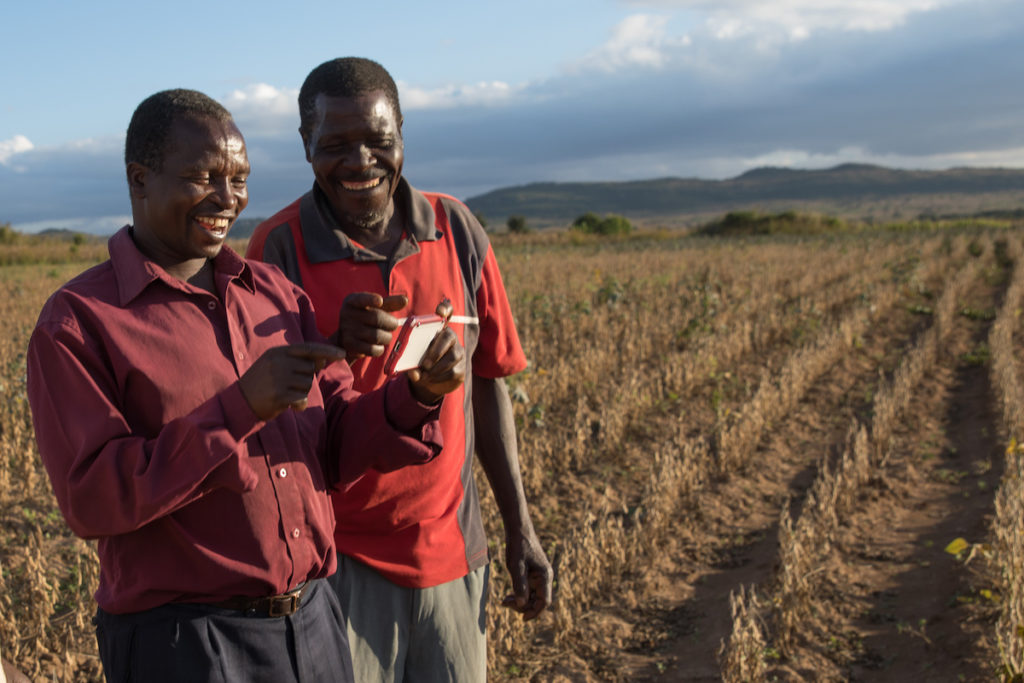
Digital adoption amongst smallholders
The WADI Virtual Assistant serves as a nexus between farmer and extension officer.
The project targeted emerging smallholder farmers who have at least three hectares of land, who were already producing for any market and are interested in developing their farming into a more formal business. To ensure affordability, the project clustered the farmers, giving them the advantage of aggregation, shared facilities, shared costs of certification, transport, administration and other activities. Project impact was assured by directly supporting 750 farmers (at least 35 percent were women) and capacitated various stakeholders, farmer organizations, technical support, and extension services in the five provinces of Gauteng, Limpopo, Eastern Cape, Mpumalanga and KwaZulu Natal. This facilitated the roll-out of the localg.a.p. among emerging among smallholder farmers in South Africa and, subsequently, helped other small and medium scale smallholders in the targeted communities adopt more sustainable farming practices.
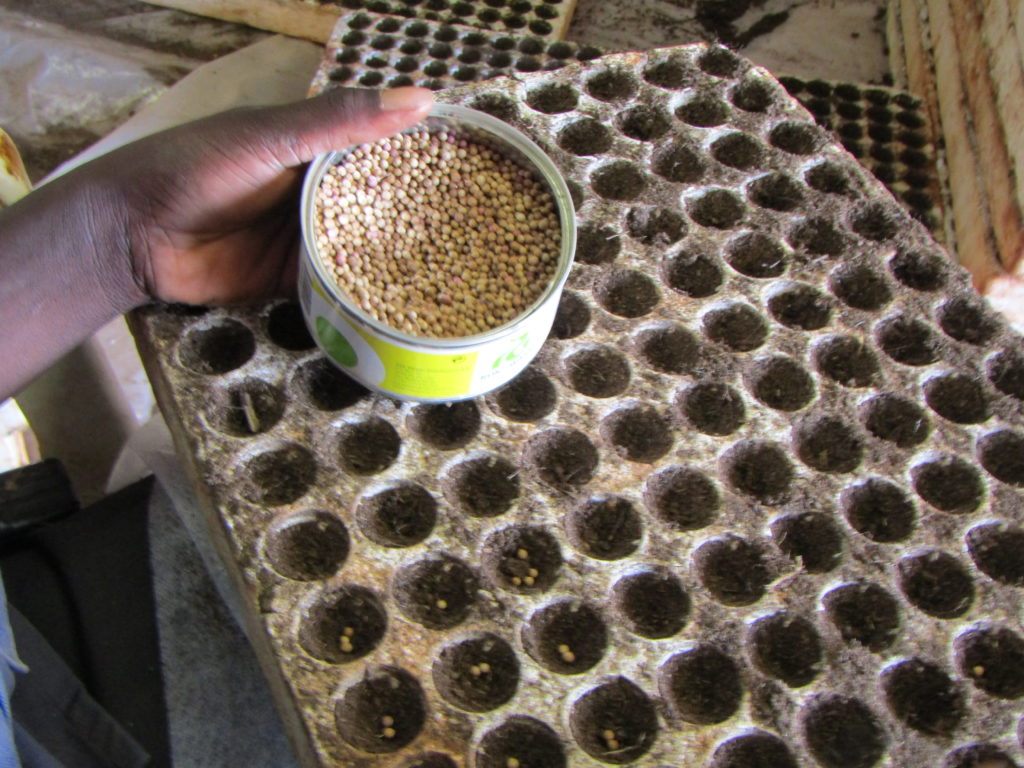
The broad introduction and training of staff in different organizations created a critical mass of advocates and field workers who were able to provide hands-on support to farmers in accessing traditional fresh produce markets. This enabled previously disadvantaged farmers to increase their net farm income, stimulate employment creation in their respective provinces and develop their agri-business in an environmentally and socially sustainable manner.
The project supported the farmers through training sessions on sustainable production and practices such as soil testing, maximum residue level testing and water testing to ensure that farmers are aware of the sources of risk or contamination of produce on their production site. A self-assessment tool called Farming Solutions was developed to assist farmers to track their progress towards meeting the local.g.ap requirements.
The Farming Solutions App made it easy to keep records of my day to day activities such as fertilizer application, spraying, income and expenses.
Mr Judge Letsolo, Farmer
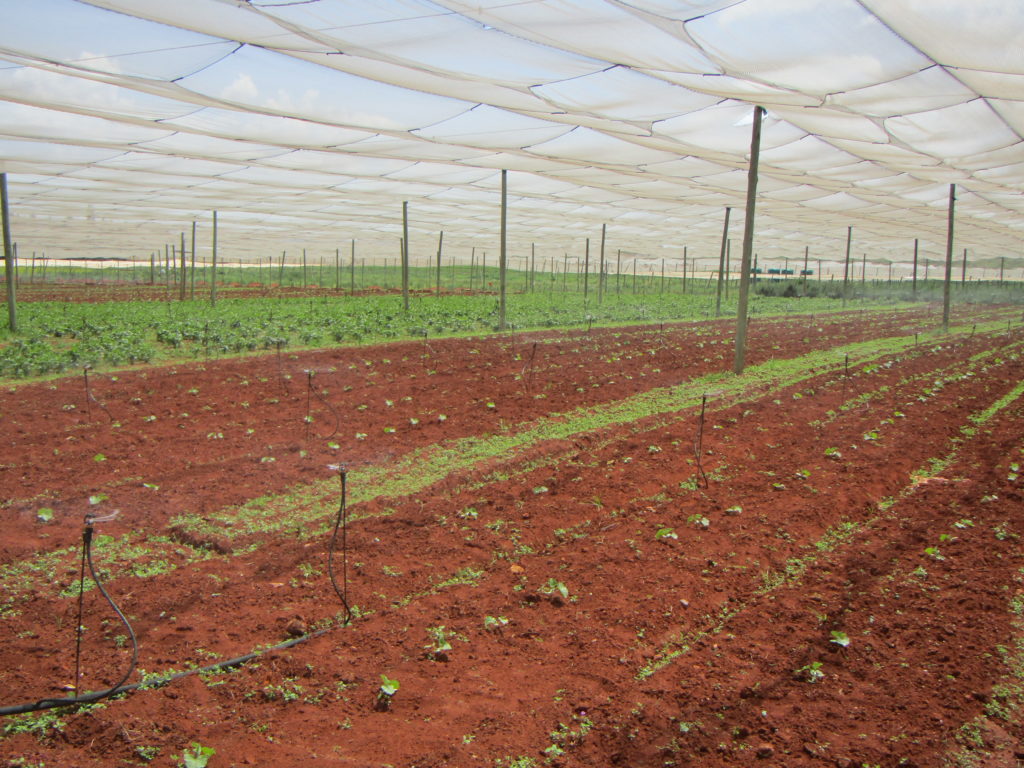
The farmers adopted Good Agricultural Practices, report improved performance of their business operations since the projects’ intervention and increased awareness of environmental sustainability issues. Four-hundred and twenty-seven of the 750 smallholder farmers underwent an external assessment for localg.a.p and received a letter of conformance, unlocking access to market uptake, including informal, formal and online channels. Furthermore, the project successfully linked some smallholder farmers to multiple high-value retail markets such as Pick N Pay, Yukon, Food Lovers Market, Dewcrisp and Hellochoice. These farmers include, among others, Mrs Nomxolisi Mathe, Ms Lerato Botha and Mr Moya Manaka, who have each been linked to at least two (2)retailers.
“I am just so ecstatic to be sitting here with a contract from the Yukon Group that will see my crop reaching an export market. I’m grateful to Solidaridad, this opportunity comes with new challenges of its own. However, it is a great opportunity that will help me grow,” enthused Ms Mathe.

